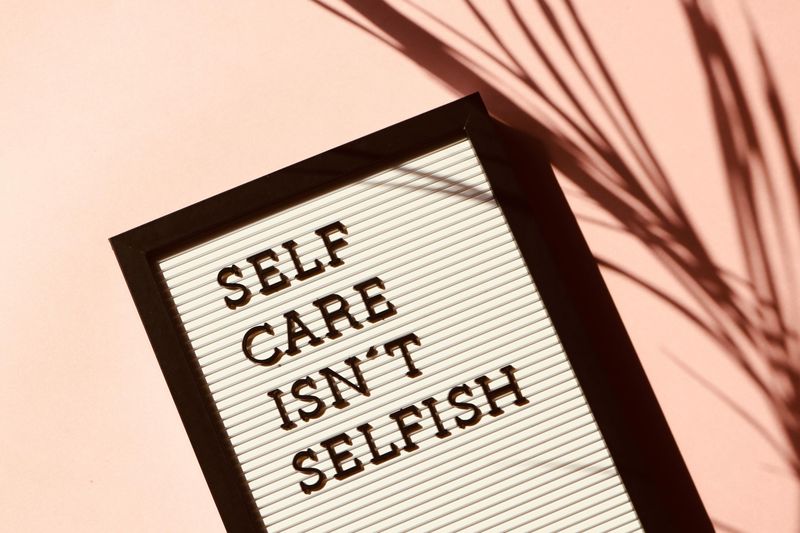8 Painful Consequences of Always Trying to Please and Rescue Others

Many of us fall into the trap of trying to make everyone happy, putting others’ needs before our own. While helping others can be rewarding, constantly playing the role of rescuer and people-pleaser comes with a steep price. The consequences can affect your physical health, emotional wellbeing, and even your sense of who you are.
1. Constant Burnout

Your energy tank runs on empty most days. Running from one person’s crisis to another leaves little time to refuel your own reserves. The constant giving becomes a physical burden—headaches, fatigue, and even illness become your unwelcome companions. Sleep eludes you as your mind races with everyone else’s problems. “Just one more favor” turns into twenty, and suddenly you’re skipping meals and neglecting basic self-care. The human body isn’t designed for endless output without proper rest. Many people-pleasers discover this truth only after their bodies force them to stop through complete exhaustion or health problems that can’t be ignored.
2. Loss of Identity

Remember your childhood dreams? Your favorite hobbies? The values you once held dear? When pleasing others becomes your primary focus, these personal treasures slowly fade into the background. You become a chameleon, changing colors to match whatever environment or person you’re trying to please. After years of this shape-shifting, many rescuers wake up one day unable to answer the simple question: “What do I actually want?” Your opinions morph to match others, your time fills with activities you don’t truly enjoy, and gradually, the real you becomes buried under layers of people-pleasing habits. The mirror reflects a stranger wearing a familiar face.
3. Resentment Builds Up

The smile remains fixed on your face, but underneath, something darker brews. Every “yes” when you mean “no” deposits a tiny drop of bitterness into your emotional reservoir. Eventually, that reservoir overflows. You notice irritation flaring when people make requests. Small slights from those you’ve helped magnify in your mind. “After all I’ve done for them” becomes your silent mantra. This resentment poisons relationships from within. The people you’re trying to please sense your growing frustration despite your attempts to hide it. Worst of all, you begin to resent yourself for not having the courage to set boundaries in the first place.
4. Unhealthy Relationships

Your willingness to drop everything for others attracts people who take without giving back. Like moths to a flame, emotional vampires sense your inability to say no and flock to your endless supply of help. Genuine friendships require balance—giving and receiving in roughly equal measure. When you consistently overfunction for others, you create lopsided relationships where you’re the constant giver and they’re the takers. True connection becomes nearly impossible. People either see you as a resource to use or they feel uncomfortable with the imbalance and drift away. The cruel irony? Your desperate attempts to strengthen bonds through people-pleasing actually prevent authentic relationships from forming.
5. Declining Mental Health

If your worth rests on gaining approval from others, anxiety is never far behind. Each feared disappointment looms large, fueled by a foundation built on pleasing others.Depression often follows as you neglect your own needs. The internal voice that once whispered your dreams gets silenced by the louder voices of everyone else’s expectations. Self-esteem crumbles under impossible standards. How can you feel good about yourself when your measuring stick is perfect performance in meeting everyone’s needs? Many chronic people-pleasers develop panic attacks, persistent worry, or deep sadness that seems to have no specific cause—but actually stems from this fundamental disconnection from self.
6. Neglect of Personal Growth

While you’re busy watering everyone else’s gardens, your own withers from neglect. That degree you wanted to pursue? Those skills you hoped to develop? The book you dreamed of writing? All postponed indefinitely while you solve other people’s problems. Personal growth requires focused attention and energy—resources you’ve allocated elsewhere. Years pass, and you watch others achieve milestones while your own dreams collect dust on the shelf. The saddest part isn’t just the missed opportunities. It’s that your unique gifts—the ones that could have made a genuine difference in the world—remain undeveloped. By trying to be everything to everyone, you paradoxically contribute less than if you’d honored your own path and talents.
7. Perfectionism and Pressure

The rescuer’s mind operates on a dangerous equation: perfect performance equals worthiness of love. One slip-up, one person disappointed, and your entire self-image threatens to collapse. This perfectionism creates crushing pressure. Normal human limitations become unacceptable flaws in your distorted thinking. You hold yourself to standards no human could possibly maintain. The fear of letting others down drives you to overcommit, overwork, and overthink every interaction. Physical symptoms often appear—tension headaches, stomach problems, insomnia. Meanwhile, the real truth remains hidden: perfection is impossible, and trying to achieve it is a path to guaranteed suffering.
8. Chronic Disappointment

Trying to please everyone at every moment is a formula for failure. People’s desires conflict, resources are finite, and your energy is limited. Each perceived failure cuts deeply because you’ve tied your worth to your ability to rescue others. The disappointment becomes chronic—a familiar ache that colors your days. No matter how much you give, it never feels enough. Someone always needs more than you can provide. This endless cycle of striving and falling short creates a persistent sense of inadequacy. The bitter truth? This game was rigged from the start—you set yourself up to play a match that no one has ever won.

Comments
Loading…